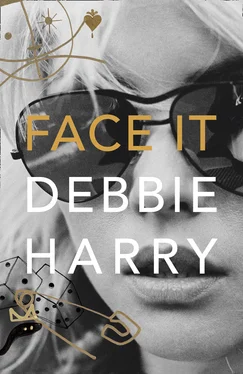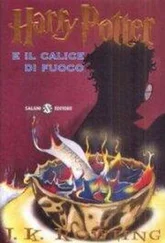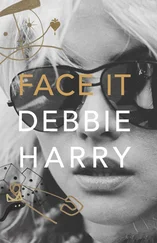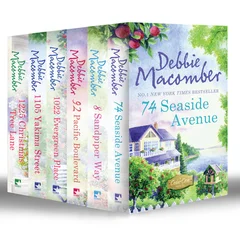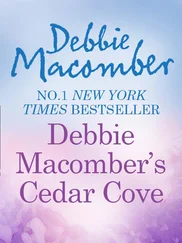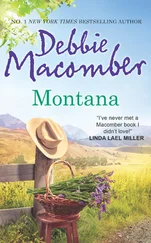Granny was a Victorian lady, elegant, with aspirations of being a grande dame. My mother was her youngest child. She’d had her rather late in life, which was a cause for arched eyebrows and whispered innuendo within her politely scandalized circle. So when I knew her, she was already quite old. She had long white hair that reached to her waist. Every day Tilly, her Dutch maid, laced her into a pink, full-length corset. I loved Tilly. She had worked for Granny from the time she emigrated to America—first as my mother’s nanny and then as Granny’s cleaner, cook, and gardener. She lived in the house on Carol Street in a beautiful little attic room whose windows opened to the sky. Across the hall, in the storage part of the attic, there were dusty trunks full of curious stuff. I spent many a wonderful hour poking and rummaging through the frayed gowns and yellowed paper and torn photos and dusty books and strange spoons and faded lace and dried flowers and empty perfume bottles and old dolls with china heads. Then finally, breaking into my reverie, a worried call from below. I would close the door softly and slip away. Until next time.
My dad’s first real job after graduating high school was with Wright Aeronautical, the airplane manufacturer, during World War II. His next was with Alkan Silk Woven Labels, who had a mill in Paterson. When I was a little girl and he had to visit the plant, he would take me along with him. I took the tour of the mill many times, but I never once heard what the tour guide said because the looms were so fierce and loud.
The looms really did loom. They were the size of our house, holding thousands and thousands of colored threads in suspension while the shuttles at the bottom zoomed back and forth. At the confluence of all the threads, ribbons would appear and curl out, yard upon yard of silk clothing labels. My father would take these to New York and, like his father before him, play his own small part on the furthest peripheries of the fashion world.
As for me, I loved fashion for as long as I can remember. We didn’t have much money when I was growing up and a lot of my clothes were hand-me-downs. On rainy days when I couldn’t go out I would open up my mother’s wooden blanket chest. The chest was stuffed with clothes she’d picked up from friends or that had been discarded. I would dress up and trot around in shoes and gowns and whatever else I could lay my grubby little hands on.
Television, oh, television. Glowing, ghostly seven-inch screen, round as a fishbowl. Set in a massive box of a thing that would’ve dwarfed a doghouse. Maddening electronic hum. Reception through this bent antenna. Some days good, some days rotten—when the signal flickered and skipped and scratched and rolled.
There wasn’t a whole lot to watch, but I watched it. On Saturday mornings at five A.M. I would be sitting on the floor, eyes glued to the test pattern, black and white and gray, mesmerized, waiting for the cartoons to start. Then came wrestling and I watched that too, thumping the floor and groaning, my anxiety levels soaring at this biblical battle of good vs. evil. My mom would holler and threaten to throw the goddamned thing out if I was going to get that worked up. But wasn’t that the point of it, getting all goddamned worked up?
I was an early and true devotee of the magic box. I even loved watching the picture reduce to a small white dot, then vanish, when you turned the set off.
When baseball season started, Mom would lock me out of the house. My mother, oddly, was a rabid baseball fan, and I mean rabid. She adored the Brooklyn Dodgers. They used to go to Ebbets Field in Brooklyn and watch the games when I was small. So I was always frustrated that I’d be locked outside for a baseball game. But I was a pest, I suppose—with a big mouth to boot.
My mother also liked opera, which she listened to on the radio when it wasn’t baseball season. As far as listening to music, we didn’t have much of a record collection though—a couple of comedy albums and Bing Crosby singing Christmas carols. My favorite was the compilation album I Like Jazz!, with Billie Holiday and Fats Waller and all these different bands. When Judy Garland launched into “Swanee,” I would burst into sobs every time . . .
I had a little radio too, a cute brown Bakelite Emerson that you had to plug in, with a light on the top and a funny old dial with art deco numbers like a sunburst behind it. I would glue my ear to the tiny speaker, listening to crooners and the big band singers and whatever music was popular at the time. Blues and jazz and rock were yet to come . . .
On summer evenings, a drum-and-bugle corps would practice in the parade ground just beyond the woods. These men, the Caballeros, would gather after work. They were just starting out and couldn’t afford uniforms, so they wore big navy-surplus bell-bottoms, white shirts, and Spanish bolero hats. They only knew how to play one song, which was “Valencia.” They would march back and forth all evening and sometimes they would dance, and you could hear the music drifting up from out of the woods. My room was up in the eaves of the house with little dormer windows, and I would sit on the floor with the windows open and listen. My mother would say, “If I hear that song one more time, I’m gonna scream!” But it was brass and snare and loud and I loved it.
There were so few distractions then, before I started school, and I had so much time for daydreaming. I remember having psychic experiences as a little girl too. I heard a voice from the fireplace talking to me, telling me some kind of mathematical information, I think, but I have no idea what it meant. I would have all sorts of fantasies. I fantasized about being captured and tied up and then rescued by—no, I didn’t want to be saved by the hero, I wanted to be tied up and I wanted the bad guy to fall madly in love with me.
And I would fantasize about being a star. One sun-drenched afternoon in the kitchen, I sat with my aunt Helen as she sipped at her coffee. I could feel the warm light playing on my hair. She paused with the cup at her lips and gave me an appraising stare. “Hon, you look like a movie star!” I was thrilled. Movie star. Oh, yes!
When I was four years old, my mom and dad came to my room and told me a bedtime story. It was about a family who chose their child, just like, they said, they had chosen me.
Sometimes I’ll catch my face in a mirror and think, that’s the exact same expression my mother or father used to have. Even though we looked nothing like each other and came from different gene pools. I guess it’s imprinted somehow, through intimacy, through shared experience over time—which I never had with my birth parents. I’ve no idea what my birth parents look like. I tried, many years later, when I was an adult, to track them down. I found out a few things, but we never met.
The story my parents told me about how I was adopted made it sound like I was someone special. Still, I think that being separated from my birth mother after three months and put into another home environment put a real inexplicable core of fear in me.
Fortunately, I wasn’t tossed into God knows what—I’ve had a very, very lucky life. But it was a chemical response, I think, that I can rationalize now and deal with: everybody was trying to do the best they could for me. But I don’t think I was ever truly comfortable. I felt different; I was always trying to fit in.
And there was a time, there was a time when I was always, always afraid.
2
Pretty Baby, You Look So Heavenly
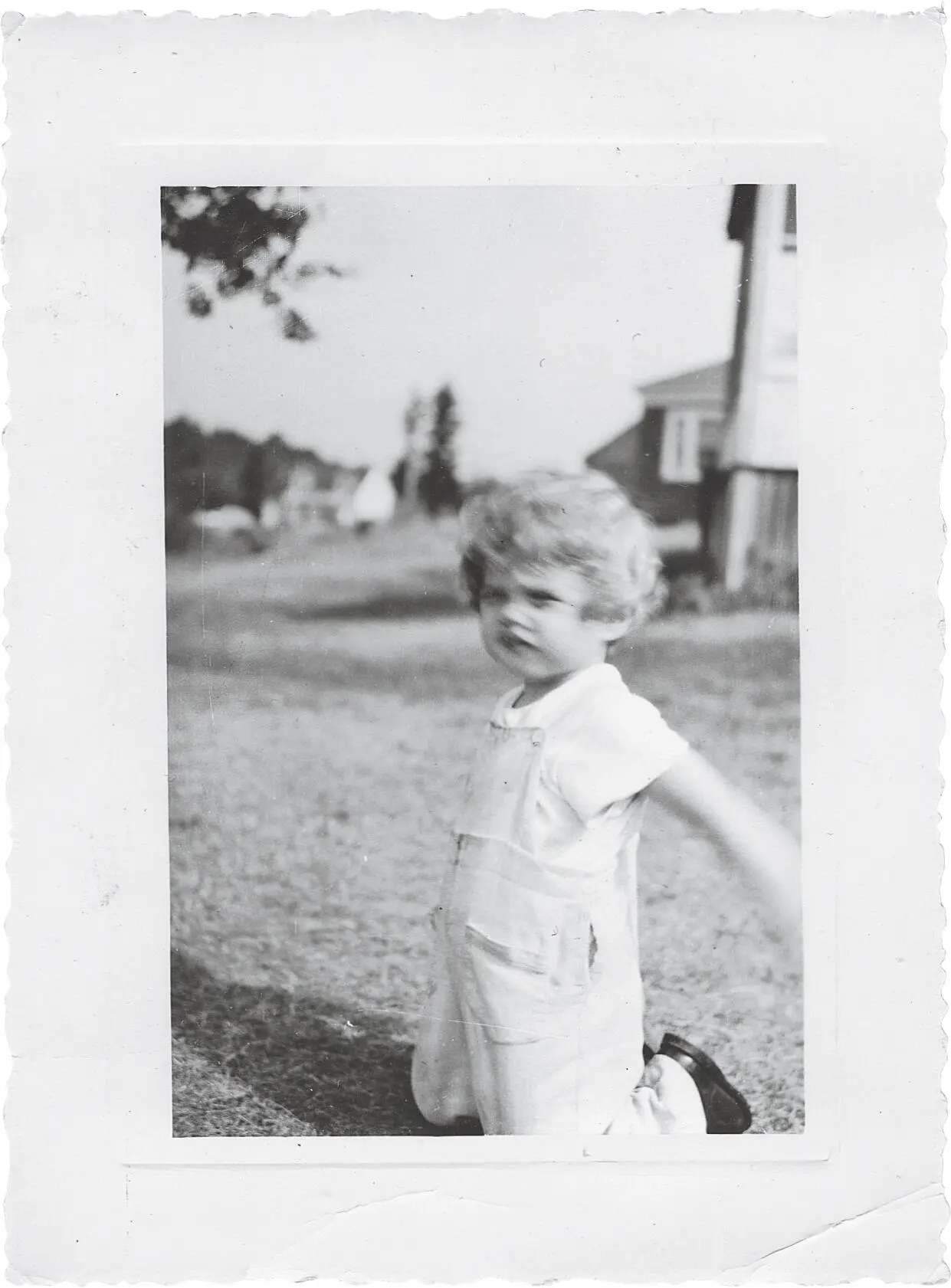
Childhood and family photos, courtesy of the Harry family
Читать дальше
